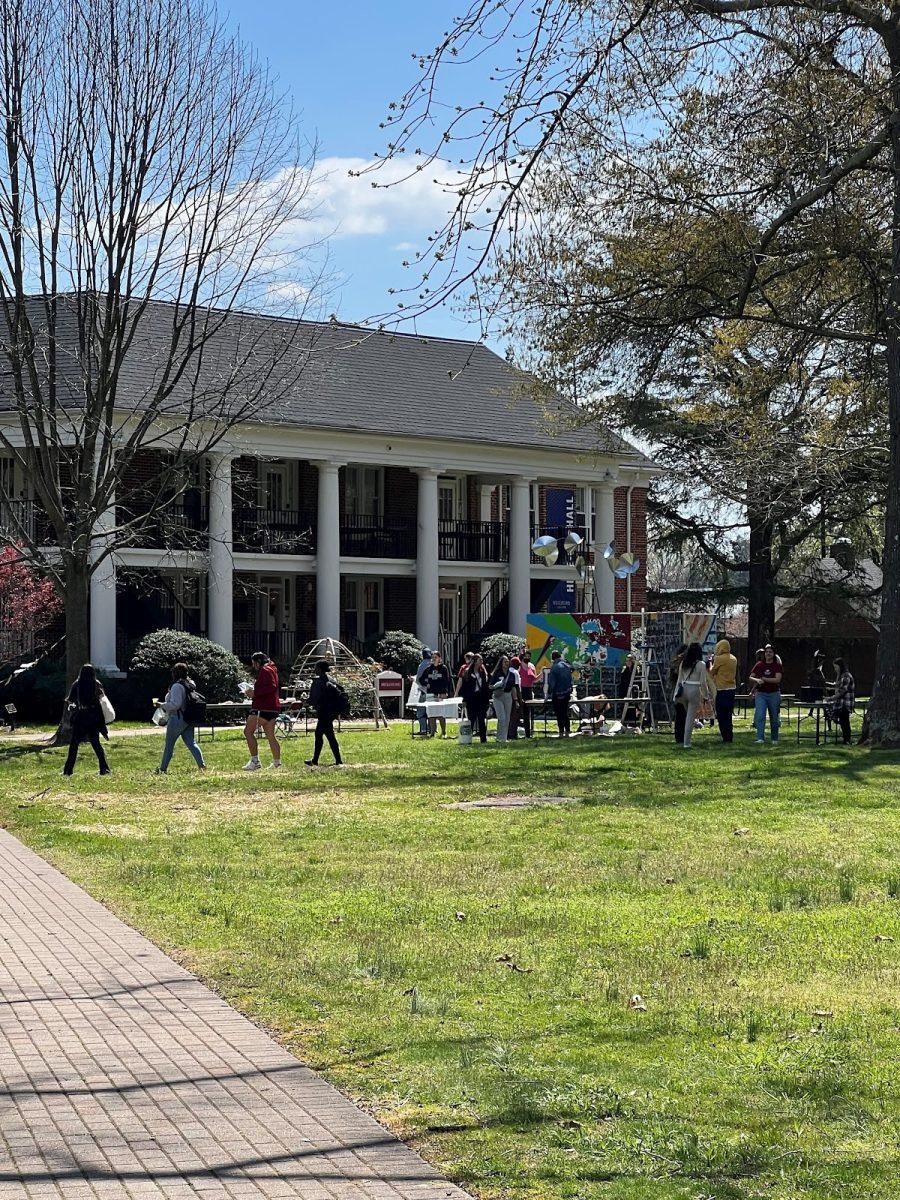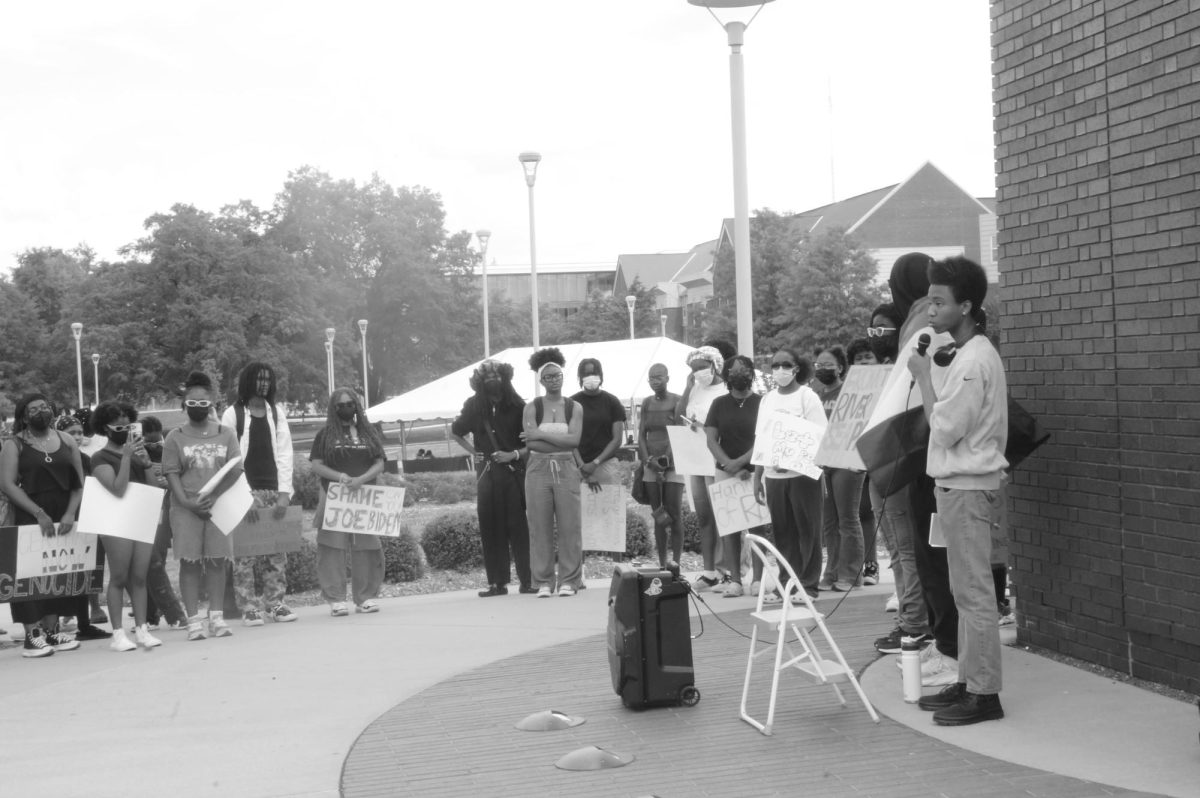Almost every student at Guilford has experienced this: You go onto your computer late Sunday night, hoping to finish the homework you have been putting off all weekend. You open your browser and nothing loads. You refresh, and nothing loads.
Finally, you go up to your network settings, and you realize your computer is simply not connecting to any of Guilford’s many wireless networks.
Since this summer, IT&S proposed a plan “to increase the user network experience across campus” according to the July 20 Guilford Buzz.
Across campus, the wireless connection is notorious among both faculty and students for being slow and unreliable.
Sophomore Andrew Jones has had persisting trouble with the Internet.
“I find Guilford’s wireless overall annoying as it is inconsistent, and often doesn’t work,” said Jones. “It says you are connected, but only at about a few kilobytes per second which is absolutely useless.”
Associate Professor of Business Management Betty Kane was one of the faculty members who has spoken out publicly about the current situation.
“My colleagues at other institutions seem to have much greater confidence in their IT&S departments and their ability to anticipate and address problems proactively,” Kane said in an email.
A plan to better the Internet has been put into action, and hopefully students and faculty will see an improvement in Guilford’s wireless network soon.
“Step one was to increase Internet bandwidth and go with a vendor that can give us increased bandwidth immediately if we need it,” said Craig Gray, director of IT&S in an email interview.
Network and Systems Technician Brian McCaffrey explained how this plan was implemented in early October.
“We went from 100 megabytes to 200 megabytes which doubles our speed, which is a good thing,” said McCaffrey. “We changed Internet service providers too. Because we’ve changed providers, we can now just pick up the phone and call them and tell them we want to change speeds, and we no longer have restrictions on hardware.”
However, the increase in bandwidth has proved stressful to Guilford’s firewall.
“We’ve actually noticed by upgrading our service that we have some equipment that has hardware limitations,” said McCaffrey in regards to the problem. “When people can’t connect to the Internet, that means that our firewalls have exceeded their hardware limitations. Basically they can’t handle anymore. There’s so much traffic, the firewall doesn’t know what to do with it or it’s too much for it to handle.”
In response to this problem, Guilford’s firewalls are actually being replaced with newer hardware that is able to cope with higher traffic.
IT&S is also now able to identify where the highest amount of traffic is coming from, so they can react and “shape the traffic flow better,” as Gray said in an email interview.
“30–50 percent of the bandwidth being used is streaming media, such as Netflix,” said McCaffrey. “A lot of it is very bandwidth intensive. It takes a lot to handle these kinds of steaming media. In the future, we may limit the amount of bandwidth for streaming, but that should not affect the quality of the stream or the rate of download.”
Along with upgrading hardware and mapping out how best to control bandwidth, there is also a plan to simplify connecting to Guilford’s networks.
“In January, we have a project to install a network security appliance that will allow folks easier connectivity to the wireless,” said McCaffrey.
“The plan is to have one or two SSIDs, allow users to connect to that, download a policy key and actually configure the machine for themselves so that they don’t always have to come to the Solution Center to connect to the wireless.”
Hopefully with all of these new and upcoming innovations and fast reactions to problems, Guilford’s Internet will become more streamlined and reliable.
For students, this means the ability to do homework on Sunday nights without the fear that their computers will not be able to connect.






